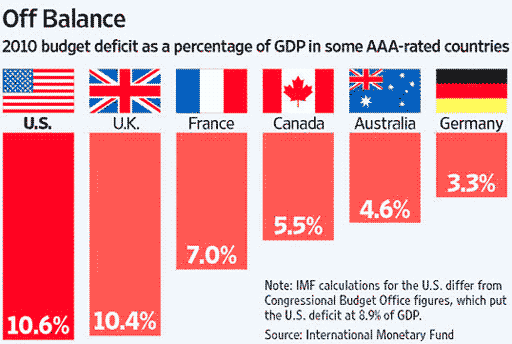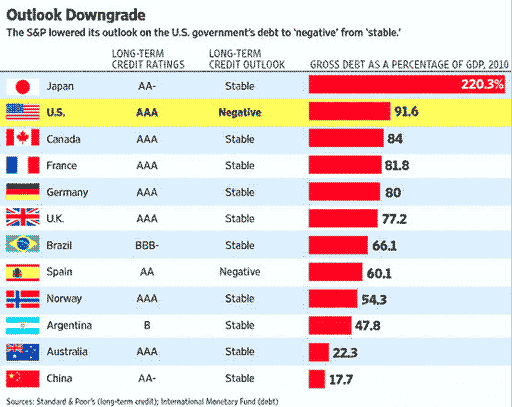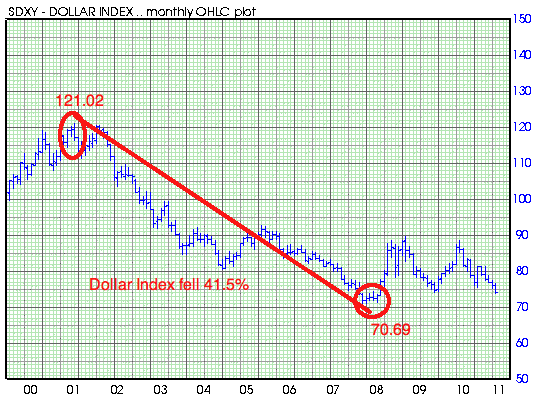The economissed rag latches onto the obvious, finally, only. And yet foists a question mark there too...
Higher education: Is it really the next bubble?
See what I mean. I mean, why's the obvious even a Question, eh?
Education is a bubble in a classic sense. To call something a bubble, it must be overpriced and there must be an intense belief in it. Housing was a classic bubble, as were tech stocks in the ’90s, because they were both very overvalued, but there was an incredibly widespread belief that almost could not be questioned — you had to own a house in 2005, and you had to be in an equity-market index fund in 1999.
Probably the only candidate left for a bubble — at least in the developed world (maybe emerging markets are a bubble  ) — is education
) — is education. It’s basically
extremely overpriced. People are not getting their money’s worth, objectively, when you do the math. And at the same time it is something that is incredibly intensively believed; there’s this sort of
psycho-social component to people taking on these enormous debts when they go to college simply because that’s what everybody’s doing.
It is, to my mind, in some ways worse than the housing bubble. There are a few things that make it worse. One is that when people make a mistake in taking on an education loan, they’re legally much more difficult to get out of than housing loans. With housing, typically they’re non-recourse — you can just walk out of the house.
With education, they’re recourse, and they typically survive bankruptcy. If you borrowed money and went to a college where the education didn’t create any value, that is potentially a really big mistake.
Oh, it won't be pretty. But so effing what. Not everything need be pretty anyway. The TFTA khanomies will survive and thrive, so what if a few of their tfta aam aadmis get skrewed in the process.
But of course, there are 'em "nuances". There's professional dissent. An for balance sakes, they got a point too.
The problem is that there are no other routes to better occupations and higher salaries anymore, except for those who have odd skills (athletes, rock stars, starlets willing to reveal all) - which most of us don't have. Education has not stopped delivering its expected returns, not in terms of income or (un)employment. It has stopped delivering on the promise of a middle-class job = professions and managerial occupations, for which a BA was sufficient inthe 60s, and for which an MA is now necessary. So this leads to education inflation = middle-class kids seeking MA degrees and professional degrees, where a BA might have sufficed a generation ago. I don't see any decline in the willingness of parents to sacrifice for their kids.
Hmmm, eh?
Now, it may be that higher education has become too expensive for some people - working-class/moderate income - and they will not be able to afford it. Many of these potential students now go to community colleges, but they may be squeezed out when regional universities cut back on their slots, and community colleges can't expand to accept more students. But this is a problem of undercapacity, not overcapacity.
It may be that fly-by-night privates have over-expanded - the U of Phoenixes of the world - but it would be a good thing to get rid of them. In California ... everyone is worried about how to accommodate all those who want/need higher ed, and I haven't heard any fears of over-capacity. Look at the Pubic Policy Institute of CA - they have been screaming about under-capacity for a long time. So the over-capacity argument in general is absurd, though it might apply to specific niches.
Interesting. No scope of a deflationary bubble burst in an undercapacity world. None, nada.
Hmmm. Good points otherwise. What has me convinced is the following argument, though:
First, the dollars in question are actually relatively small. The Project on Student Debt reports that nationally, the average debt for those graduating seniors who have taken out loans was $23,200 in 2008. The payment for loans of that size is typically a couple hundred bucks a month, or about what recent grads will be spending monthly on cable and cell service. That's up, at a pace of about 6 percent a year, from $18,650 in 2004.
And about one-third of students graduate with no loans at all; they're not included in these debt figures.Second, while the national media tend to focus on the eye-popping tuitions of places like Harvard and Stanford, the vast majority of our nation's students attend institutions that cost a relative pittance. In 2010, the College Board reported that annual tuition and fees averaged $2,713 at two-year colleges, $7,605 at public four-year colleges for in-state students and $11,990 at public four-year schools for out-of-state students. It is the cushy private four-years, with average tuition and fees of $27,293, that make college seem so expensive.
OK. I'll kinda buy that. Let's see how things pan out. I'd rather there be no more bubble bursts and all that. Enough disruption in mango lives already, I reckon, even for the TFTA developed world.


